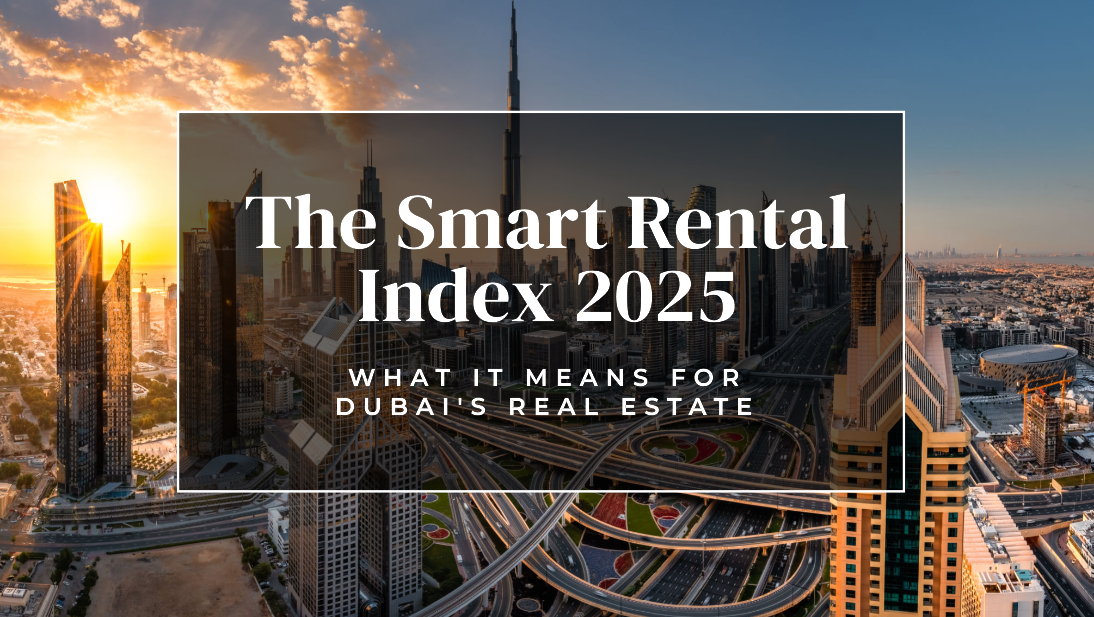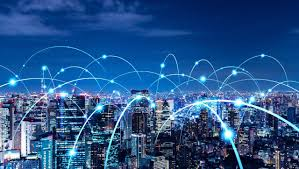Now Reading: Why Dubai’s Smart City Success Story Is Making Global Headlines Today 2025
-
01
Why Dubai’s Smart City Success Story Is Making Global Headlines Today 2025
Why Dubai’s Smart City Success Story Is Making Global Headlines Today 2025
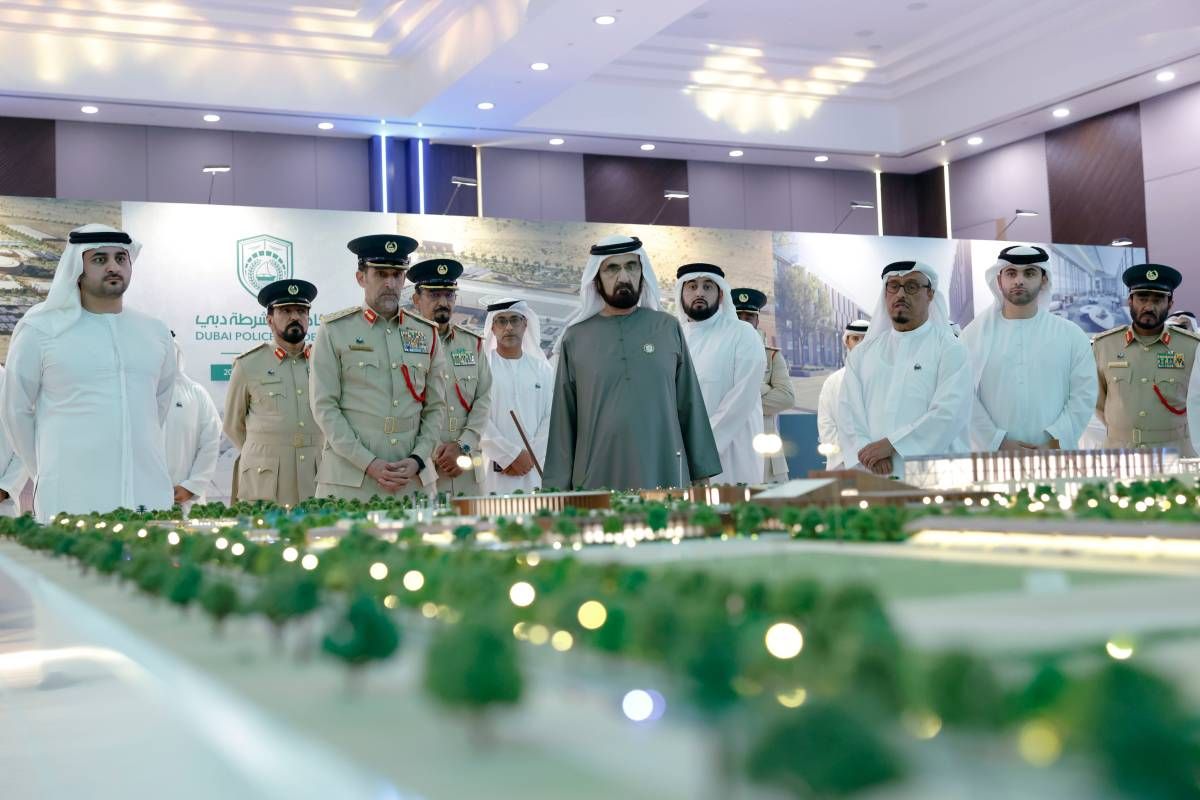
Table of Contents
Dubai, the shining jewel of the United Arab Emirates (UAE), is no longer just famous for its luxury lifestyle, tallest skyscrapers, or world-class shopping festivals. In the past decade, it has become a global leader in the Smart City revolution, all thanks to its rapid adoption of technology innovations. From artificial intelligence to blockchain and smart transportation systems, Dubai’s government and private sector are reshaping the city into one of the most futuristic and connected urban centers in the world.
But how exactly is technology driving this change? And what does it mean for residents, businesses, and visitors? Let’s take a deeper look.
A Vision for the Future: Dubai’s Smart City Goals
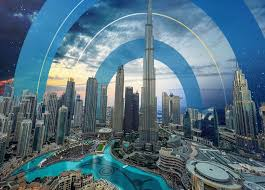
Dubai’s ambition to become the world’s smartest city is not a random effort—it is part of the grand “Dubai Smart City” plan launched in 2013. The goal is clear: to improve quality of life using the latest technologies and make government services smarter, faster, and more accessible.
His Highness Sheikh Mohammed bin Rashid Al Maktoum, the ruler of Dubai, once said, “Our ambition is to make Dubai the happiest city on Earth.” Technology is the main tool to make this dream come true.
By 2030, Dubai plans to shift all its government operations into digital platforms—offering every service via mobile or smart devices. No more long queues in government offices or piles of paperwork. This is a bold move towards a truly paperless and digitally governed city.
How Artificial Intelligence (AI) Is Changing Daily Life
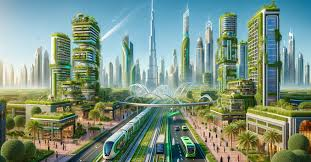
Artificial Intelligence is at the heart of Dubai’s smart transformation. The city was the first in the world to appoint a Minister of State for Artificial Intelligence in 2017. The government believes AI will save billions of dirhams in cost and millions of working hours annually.
Some key examples include:
- Smart Police Stations: Unmanned police kiosks allow residents to report crimes or pay fines without human interaction.
- AI-Powered Traffic Systems: Intelligent cameras and sensors now reduce traffic jams by predicting peak hours and adjusting signals automatically.
- Healthcare Robots: In hospitals, robots assist in surgeries, deliver medicines, and sanitize rooms.
Such AI technologies are helping Dubai improve public safety, reduce wait times, and deliver smoother city services.
Blockchain: The Future of Transparent and Efficient Governance
Dubai is also the first city in the world aiming to run entirely on Blockchain technology. Blockchain—a secure way to store and share data—is being applied across government operations such as visa applications, real estate transactions, and business licenses.
This is a game-changer because it eliminates fraud, speeds up processes, and saves millions in paperwork and admin costs. For example, buying property or registering a new company that once took weeks can now be done in minutes through blockchain-based platforms.
The ultimate goal? A “Blockchain-powered Dubai” by 2030, where every single transaction will be traceable, secure, and fast.
Smart Mobility: Flying Taxis and Self-Driving Cars
Dubai is also set to revolutionize transportation through smart mobility solutions.
- Self-driving cars: The city aims to make 25% of all trips driverless by 2030. Tesla and other tech giants are already testing autonomous cars in the city.
- Flying taxis: Yes, you read that right. Dubai is working with companies like Volocopter to launch air taxis. Imagine avoiding traffic by flying above the city!
- Hyperloop: Dubai is testing the world’s fastest transport system—the Hyperloop—which can take passengers from Dubai to Abu Dhabi in just 12 minutes.
These innovations will make transportation faster, cheaper, and more environmentally friendly.
5G and IoT: The Backbone of a Smart City
The arrival of 5G technology and the Internet of Things (IoT) is another pillar of Dubai’s smart city success. With 5G, devices and machines can connect and share data instantly.
In Dubai, smart buildings automatically control lighting, cooling, and water usage based on occupancy—saving energy and money. Streetlights turn on and off depending on the presence of cars or people. Even garbage bins can now send alerts when they are full!
The result: cleaner streets, lower pollution, and a greener city.
Challenges on the Road to Smart City Perfection
Of course, creating a smart city is not without challenges. Dubai must ensure:
- Cybersecurity: More data and more connections mean higher risks of hacking and data theft.
- Digital Inclusion: Everyone—from the richest to the poorest—must have access to digital services.
- Privacy Concerns: With so much data collected, the government must balance surveillance with personal freedom.
However, Dubai’s leadership is aware of these issues and is already investing heavily in cybersecurity and public education to keep the city safe and inclusive.
The Global Impact: Why Other Cities Are Watching Dubai
The world is watching Dubai closely. Cities like Singapore, London, and Tokyo are studying Dubai’s model to apply similar technologies at home.
International investors are also interested. With its smart city ecosystem, Dubai is attracting global tech companies, startups, and entrepreneurs who want to test their innovations in a real-world, high-tech environment.
Conclusion: A Model for Future Cities
In summary, technology innovation is the engine behind Dubai’s Smart City success. From AI to blockchain, from flying taxis to 5G networks, every part of life in Dubai is being touched by technology.
This is not just about convenience—it’s about building a city that is sustainable, efficient, and ready for the challenges of tomorrow.
For now, Dubai leads the race. But as other cities start to catch up, the competition for the title of “World’s Smartest City” is only going to get more exciting.
Read More:- Deyaar’s Latest Announcement Shakes Up the UAE Property Market



